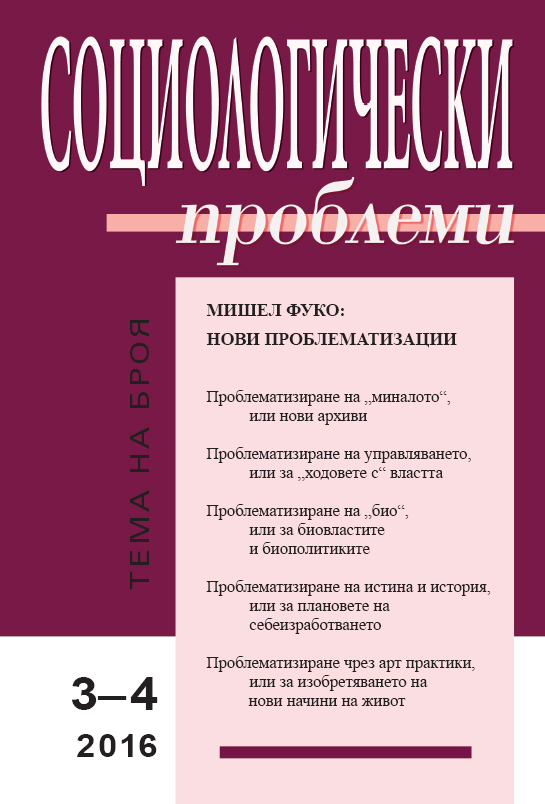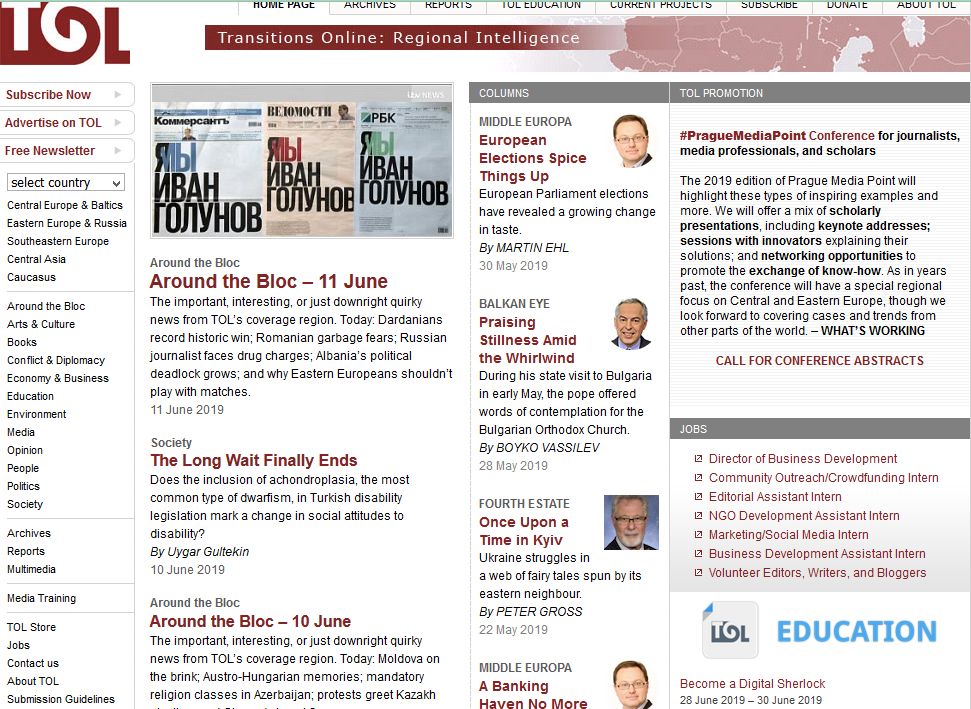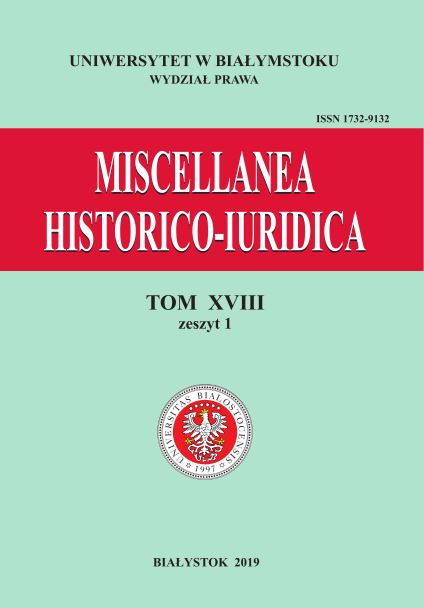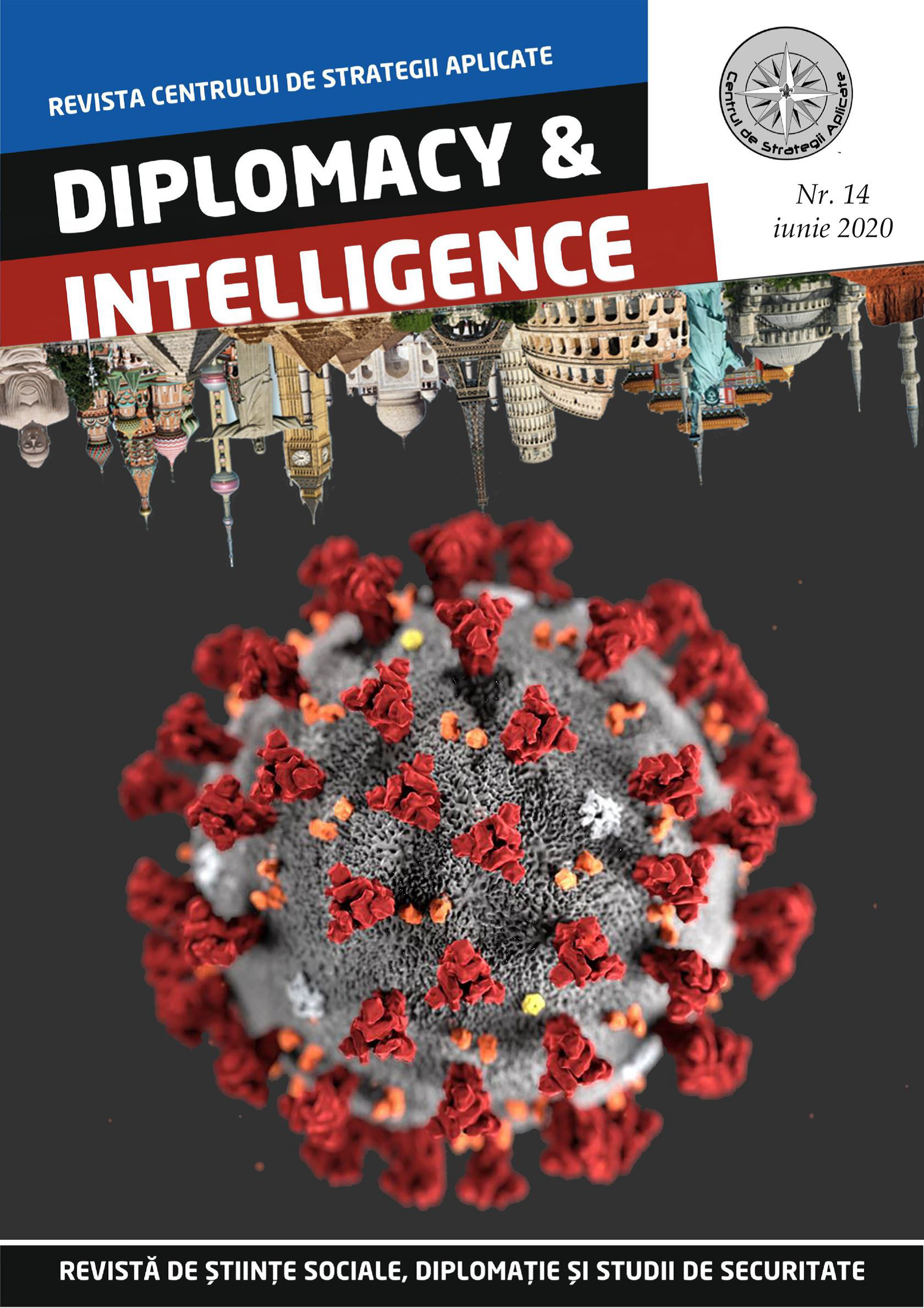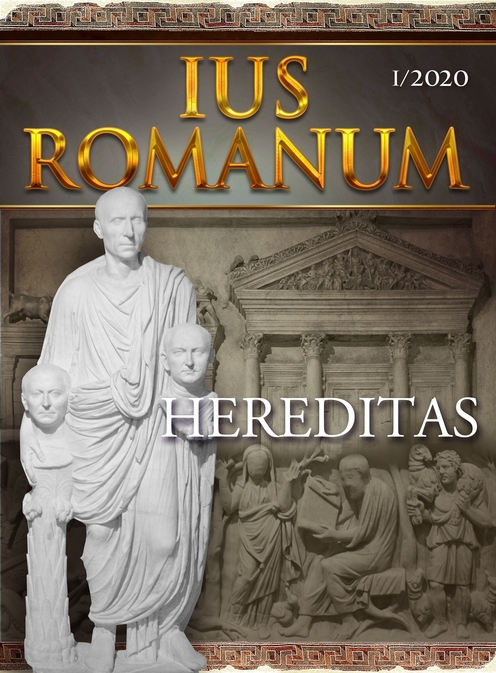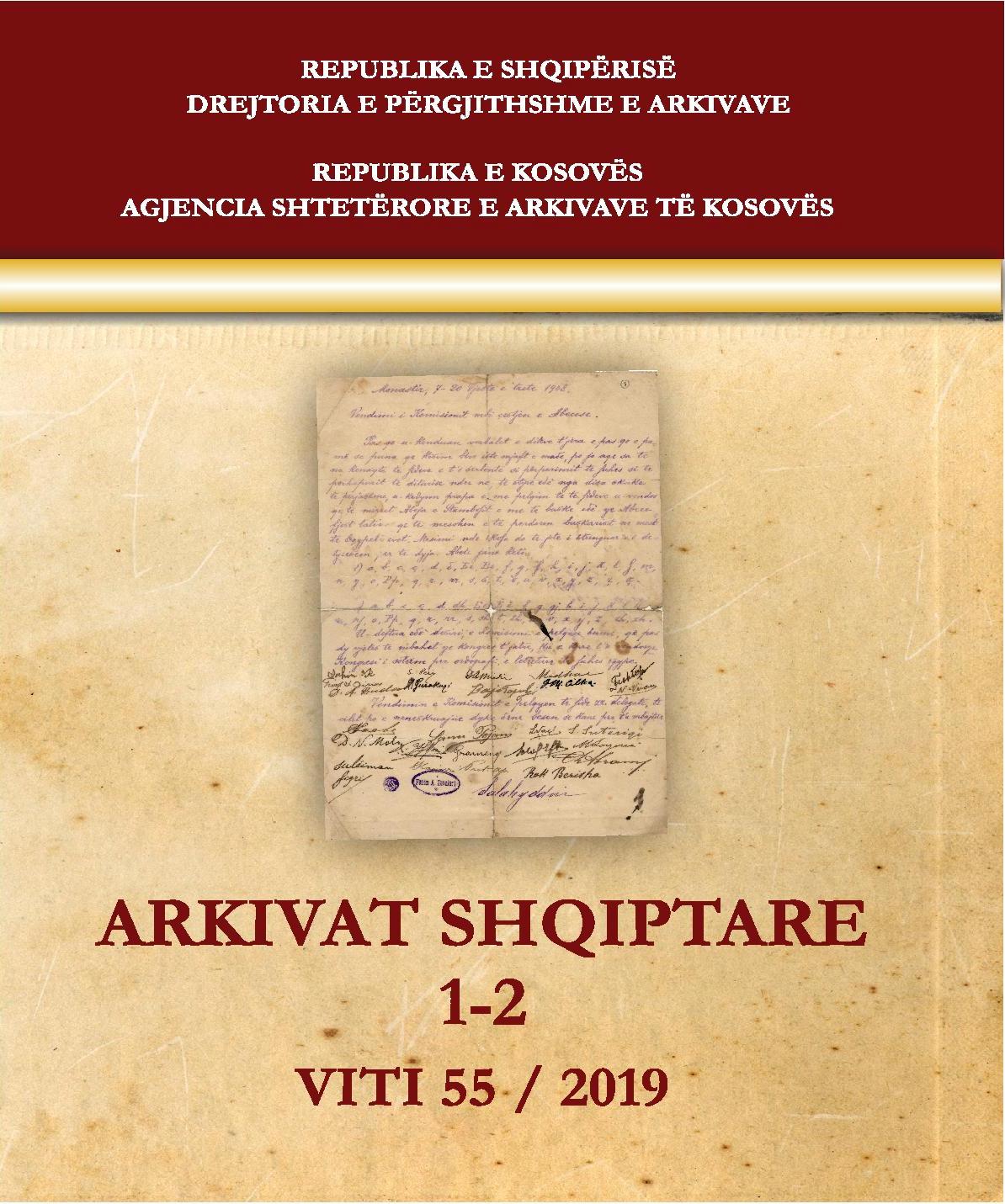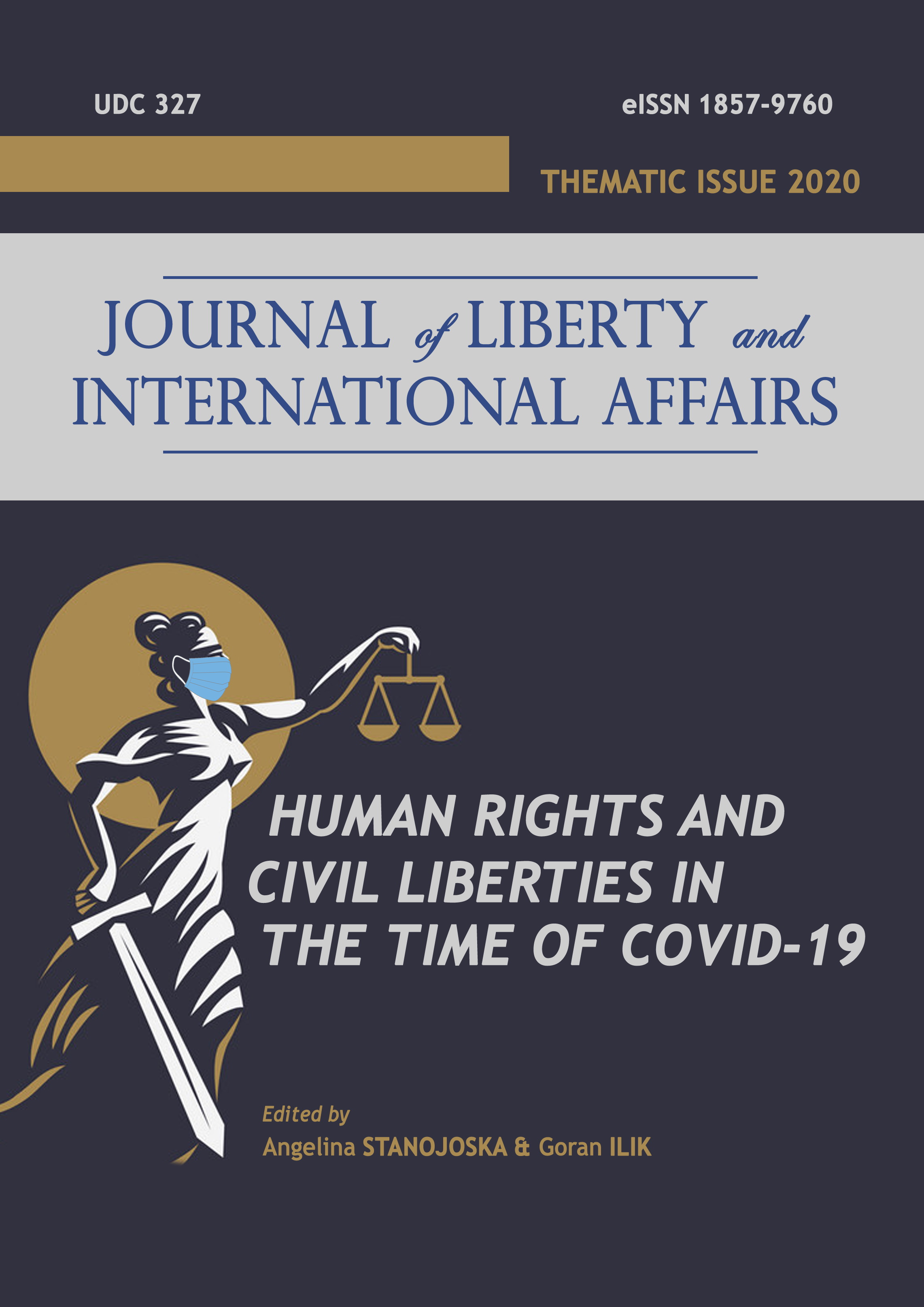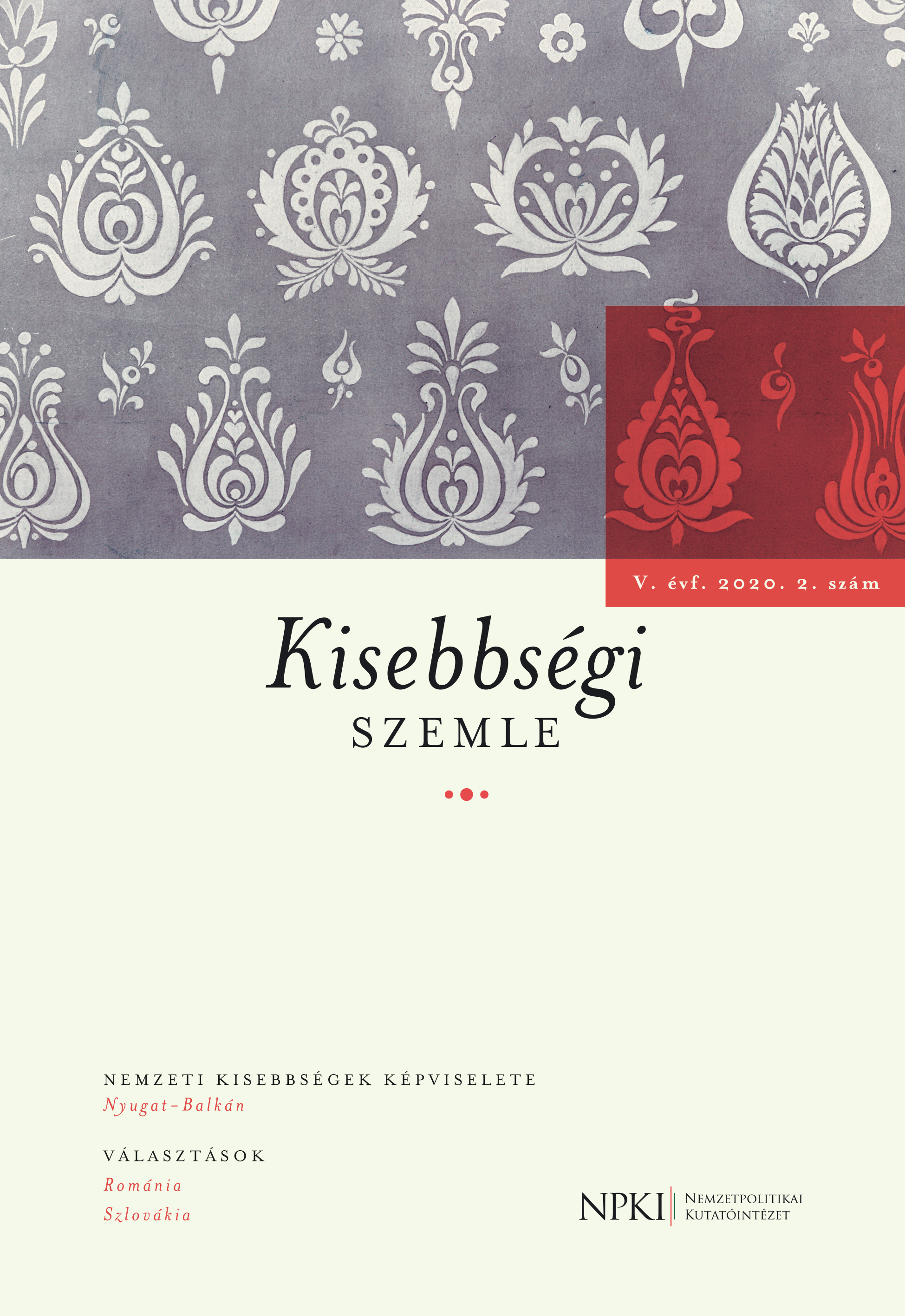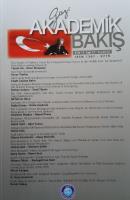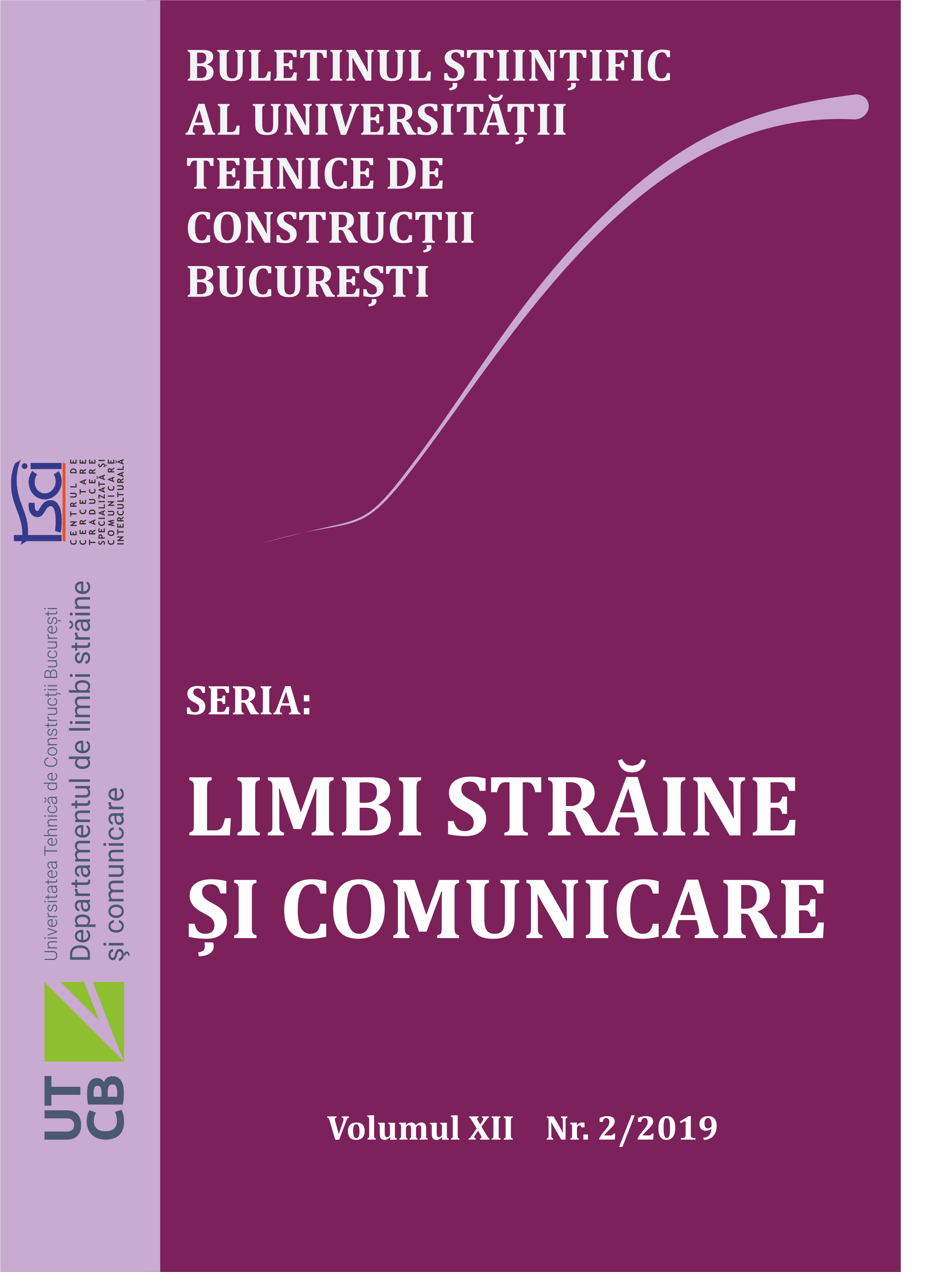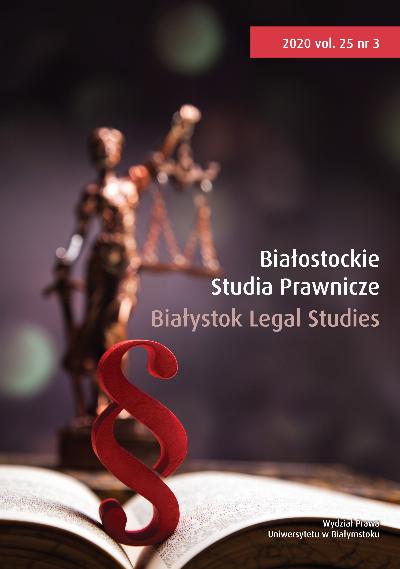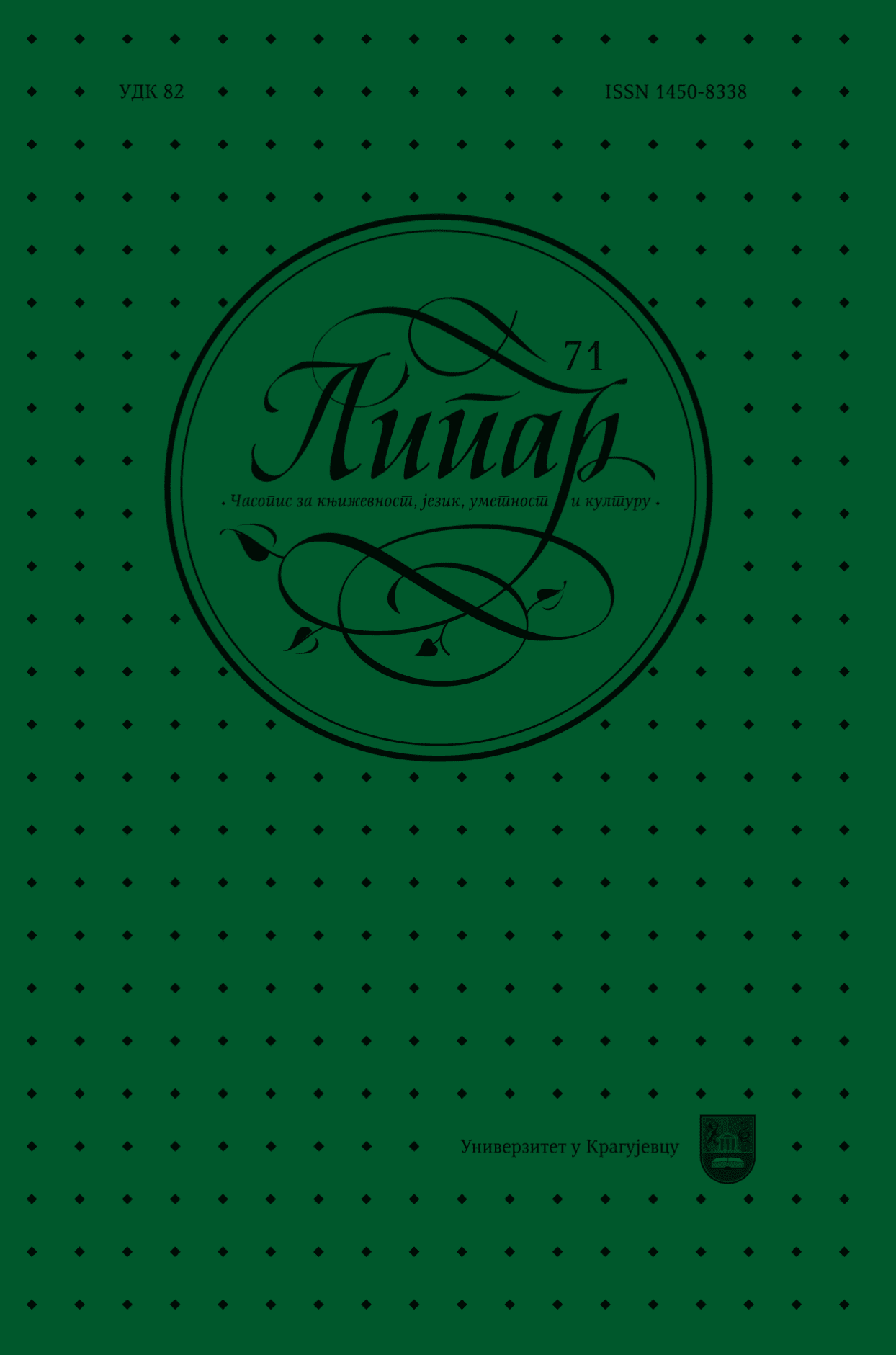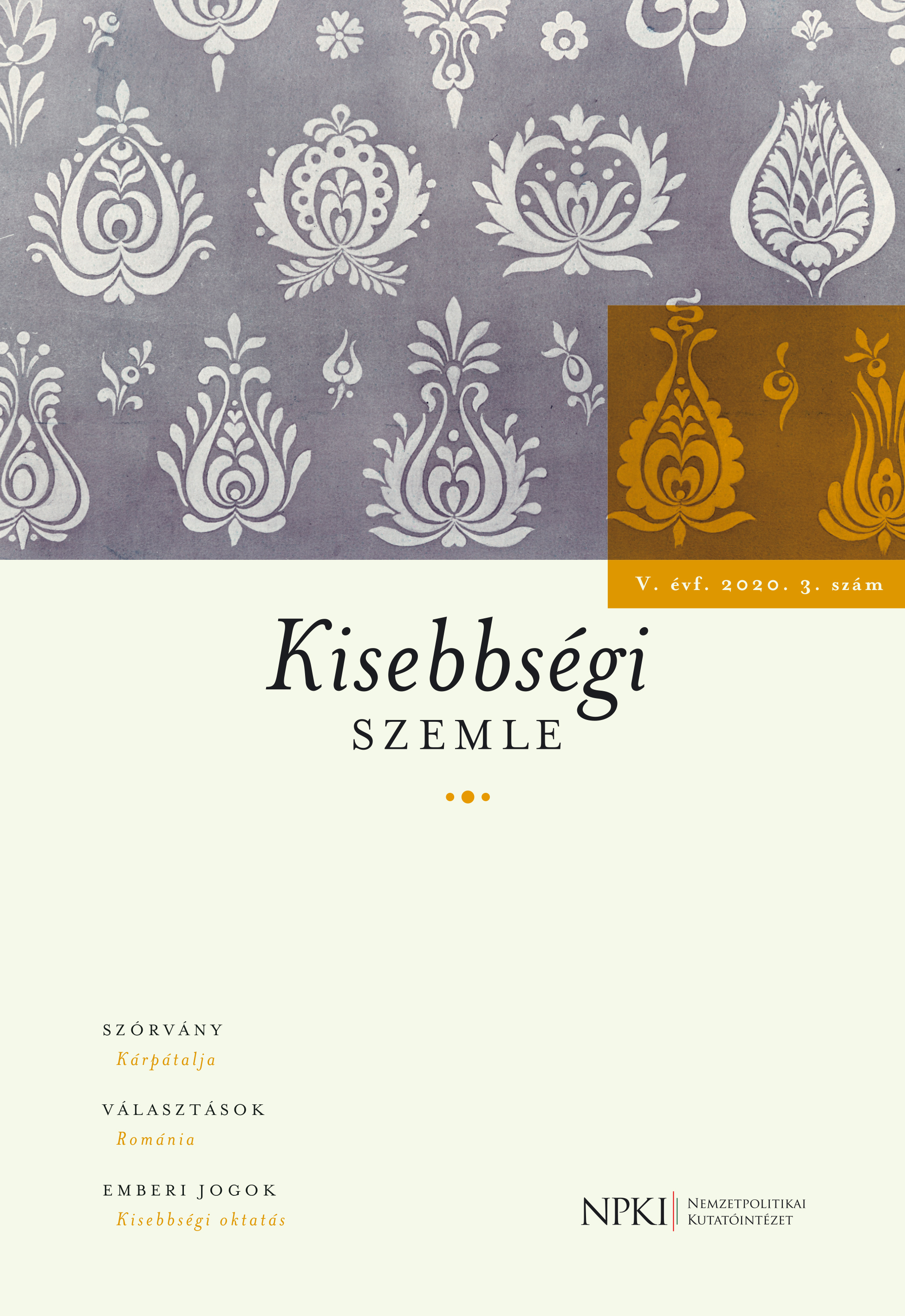Author(s): Enkelejda Sejdini (Balla) / Language(s): Albanian
Issue: 1-2/2019
The paper I’m presenting is based on a topic that has so far been studied little in Albanian archivistics. The first attempt in the field of Albanian archival thinking was conducted by Dr. Kujtim Nuro on his PhD thesis “Aspects of Archival Thought in Albania 1506-1912”. The emergence of modern archival thought in the first half of the 20th century does not exclude the conceptual clashes, what should be understood and is understood during the historical development process with “documents and forms of existence, manner of construction, conservation mode and its functions. As a consequence, the Albanian archival thought is ancient, that the “archival concept” was the “document” itself. Modern Albanian archival thinking as institutional theory and practice has preceded the establishment of an institutional archival state alongside the institutionalization of the Albanian state from 1912 until today. In the period 1912-1944 the foundations of archival thought were laid in our country. In this period as well as in the world practice, the “Archive” has experienced scientific and institutional treatments, and due to the necessity of national, international and social institutional communication, the archival opinion of the time was a necessity, the establishment of this activity on legal and observable levels. The entire history of archive development in this period has found deep and concise historical treatment in the “History of Archives in Albania” and Dr. Ivan Loli (Tirana, 1999). Based on the historical archival history of Albania and the world, after the second world war, with the establishment of a state of a different nature, archival thought was not left behind, and in the function of inter-ministerial communication, by the order of the Council of Ministers in 1949, of the State with multiple functions in the field of document handling “as the historical memory of the nation”. The archival Albanian opinion of the state of dictatorship and the closed society was dealt with by M. Pela in the “Archive Manual” of 1984. In this period, the theory and practice of archives marks levels comparable to the European ones and the Albanian archive became a partner and cooperative with many European archives. The communist-era archivistic’s opinion laid before the central bodies the need to raise the qualification of employees on an institutional scale. After the 1990s, the archival thought, in the period of state overthrows, has passed and has been in existence before existentialist situations, as everywhere and in the archive field there was a possibility of annihilation. Archival thinking has preceded these situations, and as a result of the opening of the society “archives from closed and scary institutions” became “open institutions in a free and open society” where besides the institutionally legitimized functions they started to play an important role, in function of non-institutional but also a civil service.
More...
